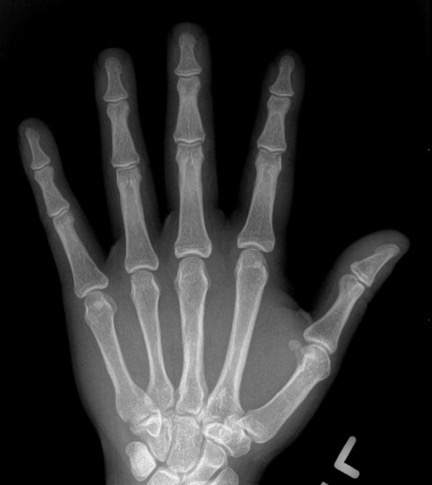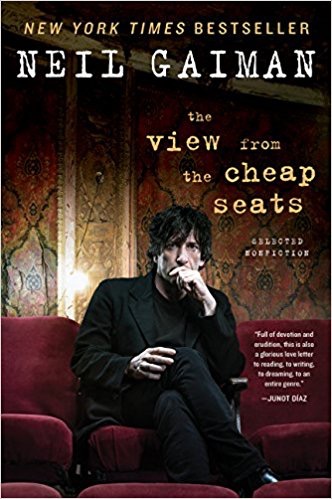Who wants a “pre-existing condition” these days?
I thought I’d take a moment to share a few recent thoughts related to the healthcare situation in the United States.
I’m in my late 50s now and have, for the first time, begun spending a lot of time doing close work with my hands. Making jewelry with fine wire and small tools doesn’t put a lot of strain on my hands, but it apparently does work the muscles and joints more than I’m accustomed to.
Arthritis runs in my family. I clearly remember my grandmother on my mother’s side, who lived to be about 90, complaining about it once in a while. She had typical “old lady hands,” that included thick knuckles and crooked joints under wrinkled skin. She’d spent nearly a lifetime doing close work with her hands in a garment factory, starting work when she was as young as 13 and working until many years later when my grandfather had a stroke and she had to stay home to care for him.
I’ve had knee problems on and off throughout my life. They always got worse when I was heavier and disappeared when I lost a lot of weight back in 2012. But before they disappeared — back when I had a lot of disposable income and a decent health care plan — I went to a doctor about it. Arthritis, he said, pointing at the x-rays.

X-ray of a hand from Wikipedia. I’ve got my own x-rays around here somewhere.
More recently, a fall off the back of my truck that sprained an ankle apparently fractured some bones in my left wrist, which I’d landed on. While trying to diagnose the occasional swelling and severe pain (caused by “floating bodies,” we later discovered during arthroscopic surgery that removed most of them), the doctor took x-rays. He pointed out the early signs of arthritis in my wrists and hands.
So yeah. I have arthritis.
It’s gotten to the point that it’s starting to bother me enough to seek medical solutions that don’t necessarily include painkillers. (I can take Vitamin I (ibuprofen) without a doctor telling me to, and I’m not interested in anything stronger.) Would exercises help? CBD creams (as everyone keeps telling me)? Heat or ice therapy? Vitamin supplements? I’m not interested in querying Dr. Google because we all know that there’s enough bad advice there to drown out the good advice. I want to visit a doctor, have her take new x-rays, and tell me what I can do to slow the progression of this very common problem.
And here’s the rub.
If I go to an arthritis specialist — provided I can get an appointment with one — I’m making a very public (on my medical records) statement that I have a medical problem bad enough to seek medical help. In other words, I’m admitting I have a condition that, once admitted, becomes a “pre-existing” condition for future health care coverage.
Now, under the Affordable Care Act (ACA, AKA “Obamacare”), as it was passed by the government and enacted into law, pre-existing conditions didn’t matter. But things are different now.
Let me tell you another story about pre-existing conditions prior to the ACA.
Years ago, when I was very heavy, I was having digestive issues that included GERD, heartburn, acid reflux, and vomiting. To this day, I think it was a hiatal hernia but at the time I was unable to find a doctor to offer any advice beyond “take Pepcid AC.” Back in those days, I made the fatal error of mentioning “chest pain” as a symptom. As you might imagine, that triggered a flurry of heart tests, all of which came back negative. I did not have a heart problem, I had a digestive problem. I blogged about this in detail way back in 2010.
This profit-driven nonsense established me in medical records with a “pre-existing heart condition” that didn’t exist. All of the tests came back negative! So when my idiot wasband lost his job (again), made a late COBRA payment, and got our health insurance canceled, the insurance company refused to cover me when they started the insurance back up. I had a “pre-existing heart condition,” they said.
For six of the scariest months of my life, I had no health insurance because a couple of greedy doctors put me through a battery of unnecessary heart tests and an idiot couldn’t manage his money properly. It wasn’t scary because of my health. It was scary because if, during the time I was uninsured, I got some kind of real negative health diagnosis (think cancer) or had an accident at home (think falling down the stairs) that put me into the hospital or long term treatment, I could lose everything I owned. Medical bankruptcy is a real thing here in the United States and I was set up to become a victim.
I got limited insurance coverage back and later got my own damn insurance again so I didn’t have to worry about an idiot screwing things up for me. The ACA really helped things; it was as if those old medical issues simply didn’t exist. And, so far, I haven’t had insurance denied because of these things — although the rate has gone up dramatically since Trump took office. Next year, who knows?
So here I am in 2019. I have arthritis in my hands and want help to prevent it from getting worse quickly. But I’m afraid to make an appointment with a specialist because I’m afraid to get the condition on my medical records. So instead, I’ll keep waiting, letting the condition likely get worse. All because I don’t want to be denied insurance coverage in the future.
Is it right? Does it makes sense? No and no. But there isn’t a damn thing I can do about it other than emigrate to a country with decent health care for all. And believe me, I’ve been thinking about it.
So that’s my situation as I type this.
At least the CBD cream smells nice.


 Two years ago, I went to a
Two years ago, I went to a 